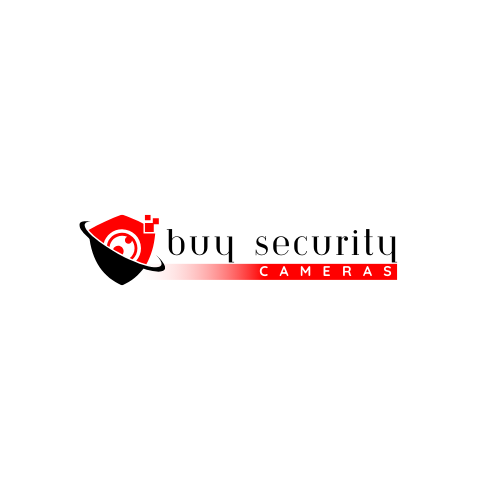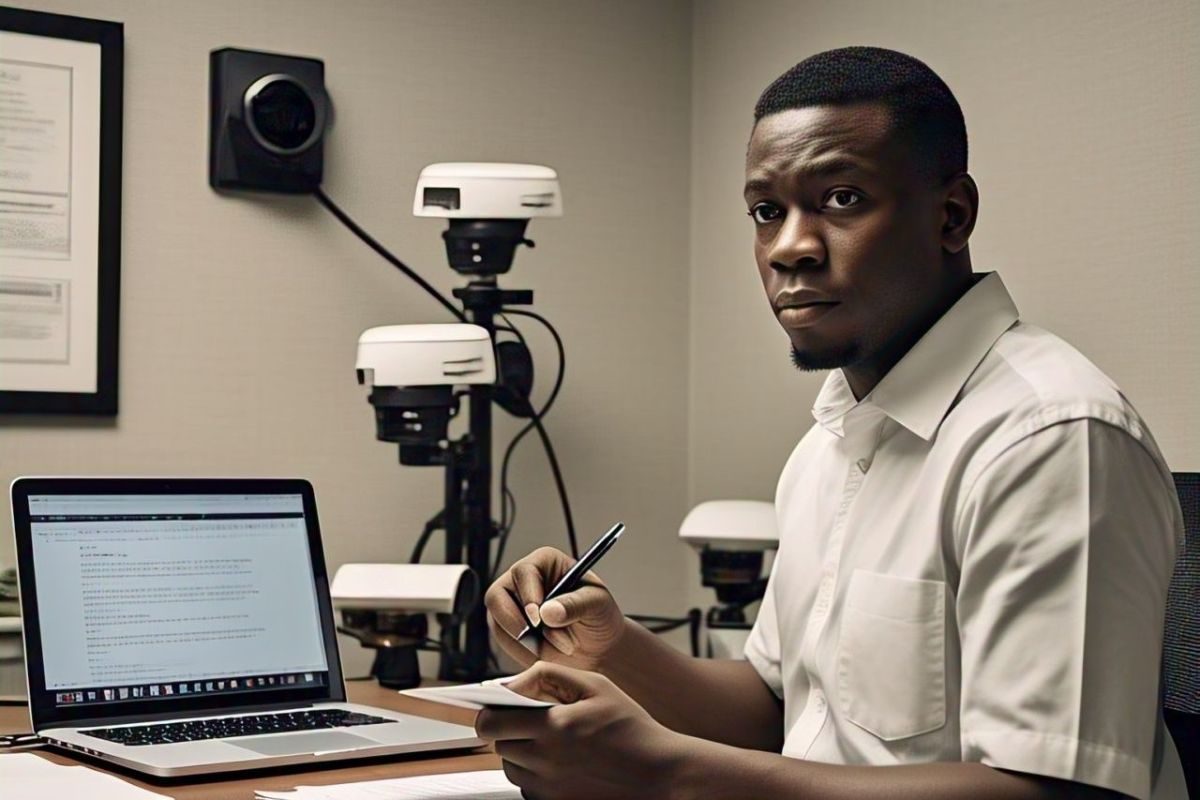How Much Does a CCTV Camera Cost? A Complete Breakdown
When it comes to protecting what matters most—your home, your family, or your business—CCTV cameras are one of the smartest investments you can make. But as soon as you start researching, it’s easy to feel overwhelmed. Prices seem to be all over the place, from bargain deals to eye-watering packages. So, what gives?
Here’s the truth: the cost of a CCTV camera isn’t just about the device itself. It’s a mix of features, quality, installation choices, and long-term use. In this guide, we’ll break everything down for you—clearly and simply—so you can choose the right camera for your needs without breaking the bank or overpaying for features you’ll never use.
Understanding the Factors That Affect CCTV Camera Prices
Whether you’re a first-time buyer or upgrading your existing setup, it’s crucial to understand what’s driving the price behind the scenes. Let’s look beyond the surface.
Camera Type
Not all CCTV cameras are created equal—and that’s reflected in the price. Basic analog models are great for keeping costs low, but they’re also limited in quality and features. IP cameras, on the other hand, are a step up. They offer sharper video, better storage, and often come with features like remote viewing from your phone.
Wireless cameras are ideal if you want to skip the mess of wires, especially in rental properties or older homes. The added convenience usually means a slightly higher price, but for many, the flexibility is worth every penny.If you’re looking to explore different types of cameras, you can check a variety of options at Buy Security Cameras, which offers both wired and wireless models.
Resolution and Video Quality
Would you be able to recognize a face from your footage if something went wrong? That’s where resolution comes in. Lower-res cameras (think 720p) are cheaper, but might not show you the details that matter. If you’re serious about clarity—especially for outdoor or nighttime footage—consider going for 1080p or even 4K.
Higher resolution also means you’ll capture more evidence if needed. It’s like the difference between a fuzzy snapshot and a crisp photograph.
Features
This is where prices really start to vary. Some cameras simply record, while others come with night vision, motion sensors, mobile alerts, two-way audio, or even smart AI to recognize humans versus animals or moving cars.
If you’re someone who travels often or runs a small business, these features can offer peace of mind and added security. But if your needs are basic, there’s no need to splurge—just pick what matters most to you.
Brand and Reliability
You’ve probably heard the saying, “You get what you pay for.” That definitely applies here. Established brands may cost more, but they often come with better build quality, customer support, and longer warranties. New or off-brand options might tempt you with lower prices, but think carefully—saving $30 now could cost you double in repairs or replacements later.
Indoor vs. Outdoor Use
Outdoor cameras need to be tougher. Think weatherproof casings, anti-glare lenses, and wider viewing angles. Naturally, this extra durability adds to the price. Indoor cameras, in contrast, are simpler and often smaller—perfect for baby monitoring, room entry alerts, or checking in on pets.
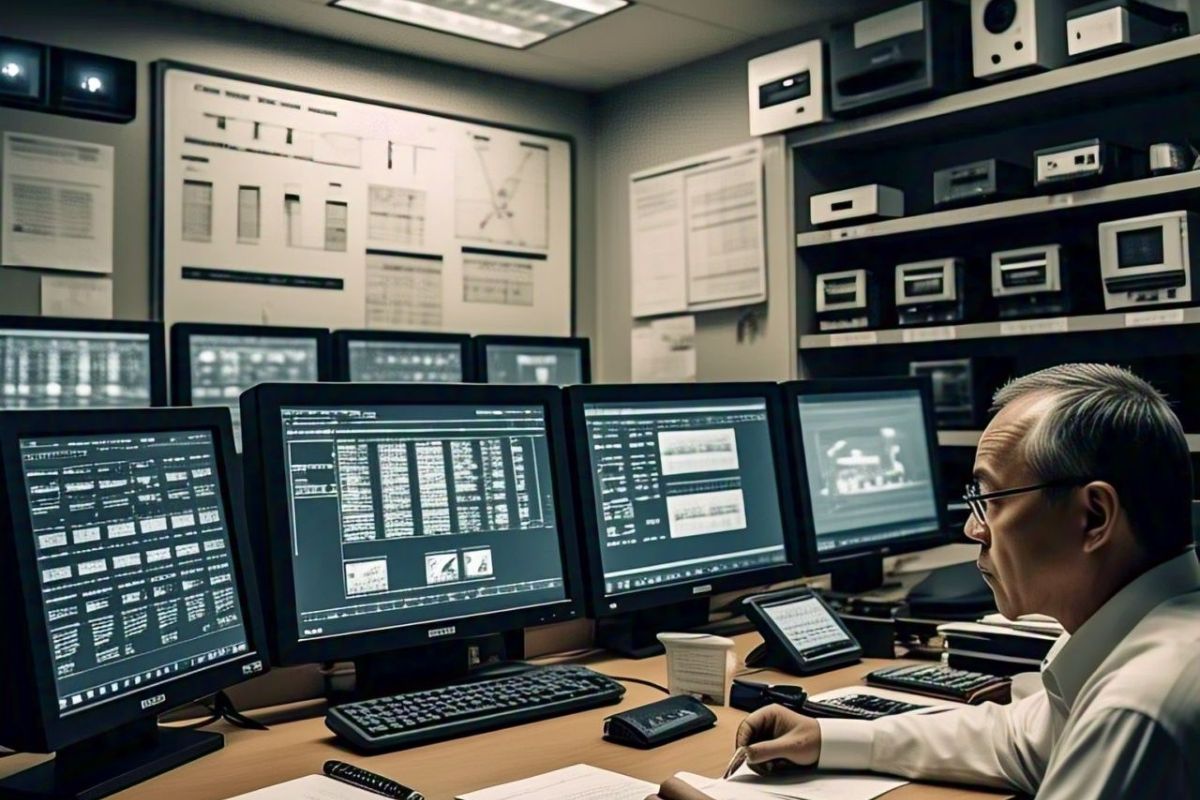
Cost Breakdown by Camera Type
With so many types available, let’s look at what you can expect to pay depending on the camera you choose.
Analog Cameras
These are the OGs of CCTV. Basic and budget-friendly, analog cameras can be had for as low as $20–$40. They’re ideal for simple setups and tight budgets. However, you’ll need a DVR system to record the footage, and image quality won’t be as sharp as newer digital options.
IP Cameras
IP cameras are more modern and tech-savvy. Prices generally start around $50 but can go up to $300 depending on the quality and features. They’re perfect if you want high-resolution video and the ability to check in remotely through your phone.
Wireless Cameras
If you dread dealing with cables, wireless cameras are your new best friend. Prices usually range between $60 and $250. They’re super easy to install, especially for renters, and often come with mobile apps, cloud storage, and smart home compatibility.
Dome vs. Bullet Cameras
- Dome cameras are sleek, discreet, and great for indoor environments. They typically range from $30 to $200.
- Bullet cameras are more visible, act as a deterrent, and are better for long-range outdoor views—priced around $40 to $250.
It’s not just about style—it’s about what works best for the environment you’re securing.
Installation Costs
Buying the camera is just part of the equation. Now let’s talk setup.
DIY vs. Professional Installation
Are you handy with tools? If so, DIY installation could save you a good chunk of change. Kits often come with step-by-step instructions, and YouTube is full of walkthroughs. But for multi-camera systems or complex wiring, hiring a pro might be your best bet.
Professional installation usually costs between $300 and $800 depending on the number of cameras and layout complexity—but you get peace of mind knowing it’s done right.
Wiring and Labor Charges
Wiring, drilling, and setting up a reliable power supply take time and skill. Installers might charge $50 to $100 per camera for labor, especially in hard-to-reach places or if they need to hide the wiring for a clean finish.
Additional Equipment Needed (DVRs, NVRs, Storage)
A DVR (for analog systems) or NVR (for IP systems) is essential if you want to record and review footage later. These start at around $50, but more advanced models can exceed $300. And don’t forget the hard drive—larger storage capacities mean higher costs, typically between $40 and $150 depending on how much footage you want to keep.
Additional Costs to Consider
We’re not done just yet—there are a few more costs that tend to sneak up on new buyers.
Cloud Storage and Subscription Fees
Cloud storage can be incredibly convenient, especially if you don’t want to mess with hard drives. Many brands offer subscription plans starting at $3/month, with premium plans going up to $30/month based on storage duration and features.
Maintenance and Repairs
Even the best cameras need a little TLC. Cleaning lenses, checking connections, and updating firmware should become part of your routine. Occasional repairs can run $50–$150 depending on the issue, especially if it’s a weather-related problem for outdoor cameras.
Accessories: Cables, Mounts, and Power Supplies
These small add-ons can quietly add $50–$100 to your total budget:
- Extension cables for longer runs
- Mounting brackets for better angles
- Power adapters or backup batteries
Make sure to check what’s included in the box so you’re not caught off guard. For a variety of essential gear and add-ons, browse through this collection of CCTV supplies designed to support different security setups.
Budget-Friendly CCTV Options
Need solid protection without splurging? You’ve got options.
Best Cameras Under $50
These are best for basic indoor use. You’ll get features like motion alerts and decent night vision. Perfect for checking on your dog while you’re at work or keeping an eye on the front door.
Best Cameras Under $100
Expect 1080p resolution, mobile apps, and improved audio and night vision. Great for small homes or apartments.
Best Cameras Under $200
You’re now in the smart tech zone. These cameras often support cloud storage, voice assistants, and advanced motion detection.
Affordable Brands with Good Performance
Brands like Wyze, Blink, and Reolink offer strong performance without the high price tag. They strike the right balance between budget and reliability, making them ideal for homeowners on a tight budget.
High-End CCTV Camera Options
If you want top-tier protection, premium systems are packed with cutting-edge features.
Premium Security Systems and Their Pricing
High-end systems usually start around $500 and can go well over $2,000. You’ll get multiple cameras, 4K resolution, large storage capacity, and often, professional monitoring options.
Advanced Features: AI, Facial Recognition, and Smart Integration
Artificial Intelligence (AI)
AI-powered cameras can tell the difference between a person, a cat, or a tree branch blowing in the wind. This smart filtering drastically reduces false alarms.
Facial Recognition
Need to know exactly who is at your door? Facial recognition lets your system recognize family members or regular visitors and alert you accordingly.
Smart Integration
Connect your cameras to Alexa or Google Home for voice control. Automate alerts, lights, or locks for a smarter, more secure home.
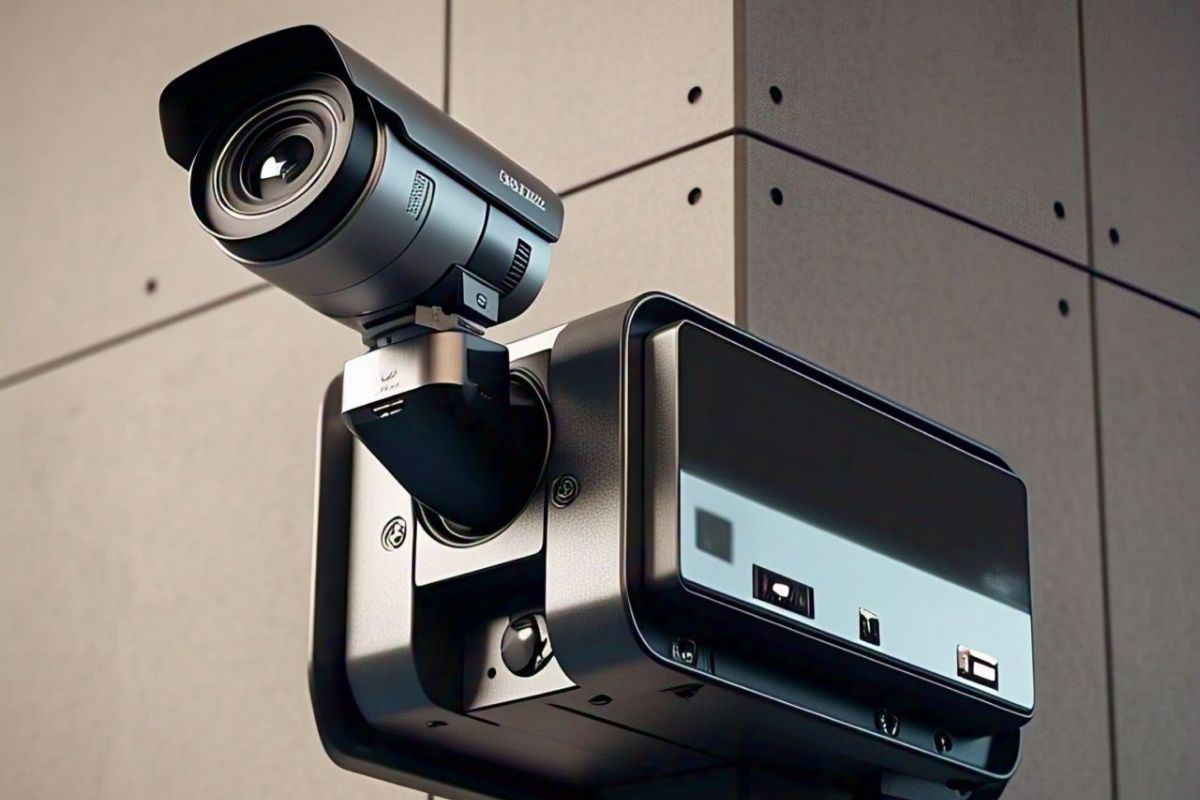
Tips for Choosing the Right CCTV Camera Within Your Budget
You don’t need to spend a fortune to stay safe—you just need to choose wisely. Here’s how:
Read reviews, compare brands, and don’t be afraid to ask questions.
Start with your goals: Are you watching your yard, your entryway, or your office?
Pick the right resolution for your clarity needs.
Choose features you’ll actually use—don’t pay extra for things you won’t.
Look at total costs, including installation and storage.
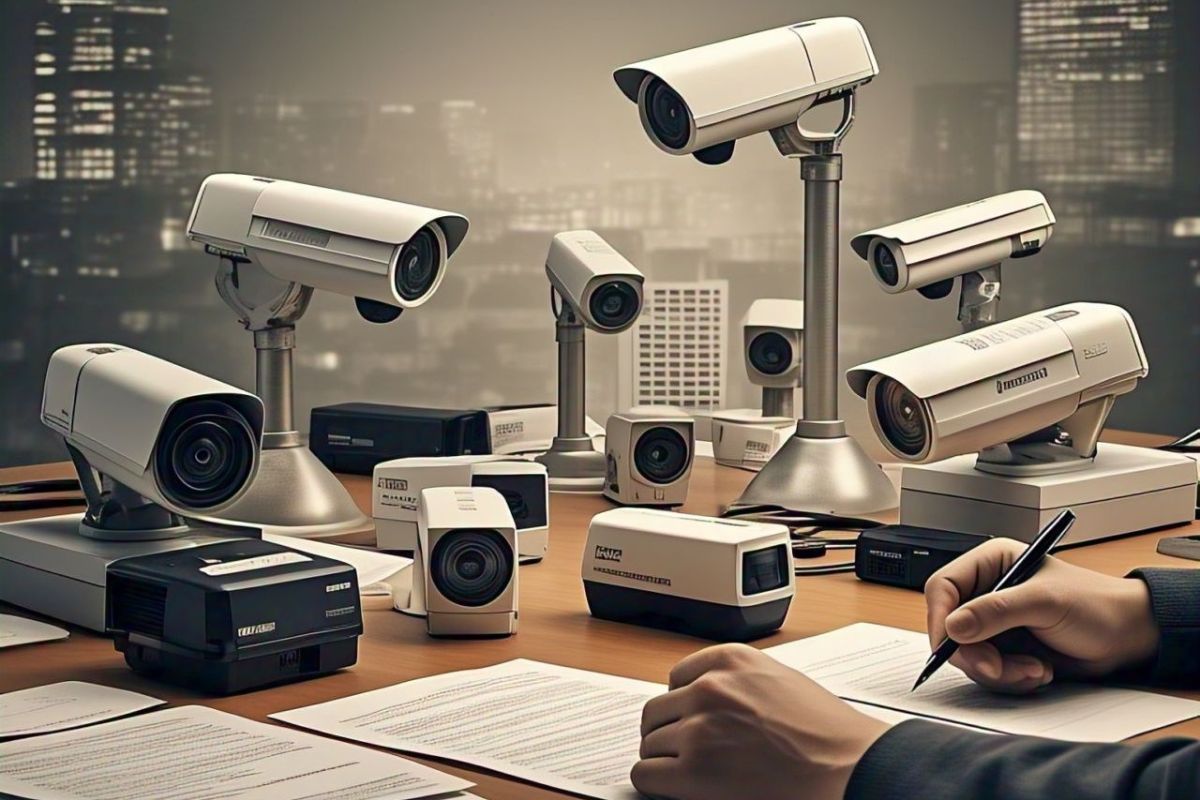
FAQs
1. How much does security camera installation cost in Melbourne?
The cost ranges from $300 to $1,500, depending on the number of cameras, wiring needs, and system type (wired or wireless).
2. Does Bunnings offer security camera installation?
No, Bunnings sells security cameras but doesn’t provide installation. You’ll need to hire a professional or install it yourself.
3. How much does a wireless security camera system with a recorder cost?
Prices range from $300 to $1,500, depending on video quality, storage capacity, and features like motion detection and remote access.
4. What’s the cost of installing a 6-camera CCTV system?
A 6-camera CCTV installation typically costs $800 to $3,000, including cameras, installation, and equipment.

